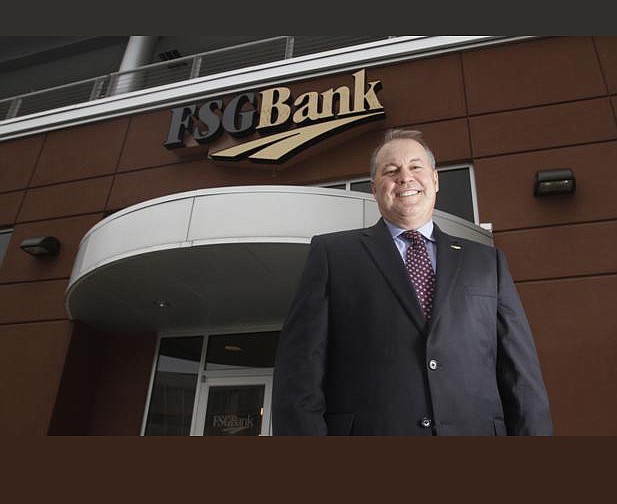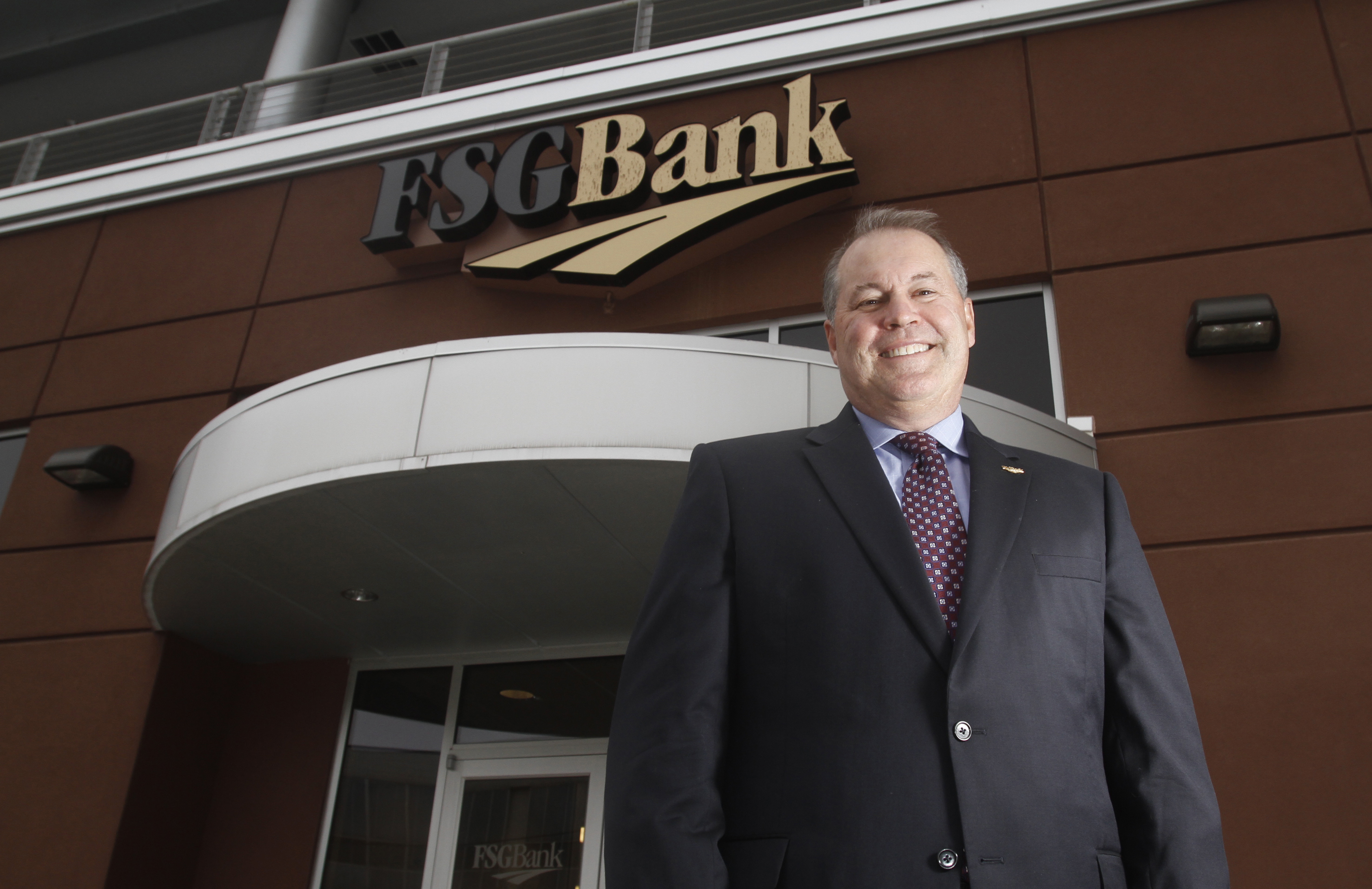AT A GLANCE
Company: First Security GroupOwnership: FSGBank, which operates 30 branches in Tennessee and GeorgiaNew stock: Pending regulatory approval, $90 million of new stockMajor new investors: EJF Capital, GF Financial II, MFP Partners and Ulysses PartnersBank assets: $1.1 billionTARP payout: FSG will repay $33 million loan from the federal Troubled Asset Relief Program (TARP)New capital: Stock issue will add $75 million of new capitalTroubled loans: Nonperforming assets have shrunk from $72.3 million at the end of 2011 to $25.1 million at the end of 2012Stock price: Shares of First Security fell nearly 64 cents a share, or 24.4 percent, Tuesday to close at $1.97 per share.
Chattanooga's biggest independent bank will get a fresh start this year, after being badly battered by real estate deals that turned sour during the recession.
An infusion of $90 million from a group of new investors will revitalize FSG Bank, allow it to remain listed with the NASDAQ and bring it nearly into compliance with a federal consent order, officials said.
The $1.1 billion bank lost more than $130 million over the past three years, but could emerge triumphant as a well-capitalized institution, positioned to make new loans in the small- to medium-sized business market if the deal is approved as expected by bank regulators next month.
"It is a brand new bank," said Michael Kramer, president and CEO of First Security Group, which owns FSG Bank. "This now gives us the ability to execute our plan, which we're already doing, which is to become the dominant small business bank. This isn't a green light to start, this is the green light to finish."
The new capital allows the bank to do two things: sell off $36.2 million of its bad loans, and repay $33 million in federal aid it received during the real estate meltdown as part of the Troubled Asset Relief Program, or TARP.
The bank's capital ratios after the deal is approved will exceed the threshold for being "well capitalized," officials say, meeting another key pillar of its agreement with regulators. Once the bank is released from its consent order, it will be freed to deploy more capital in the form of loans.
"We're looking to work with professionally managed businesses, like doctors or manufacturers," Kramer said. "We can compete effectively there."
According to the details of the recapitalization released by FSG Bank Tuesday, institutional investors EJF Capital, GF Financial II, MFP Partners and Ulysses Partners led the effort.
Each institution invested about $9 million in stock in exchange for approximately 10 percent of the total outstanding common stock priced at $1.50 per share. As a condition of the deal, MFP Partners and Ulysses will appoint a board member, increasing the size of FSGBank's board of directors by two.
Although the deal revitalized the bank, existing stockholders' holdings were diluted by the deal, and all saw the value of their existing holdings decrease. However, legacy shareholders will still be allowed to buy stock at the $1.50 price quoted to the bank's new owners.
"We believe that this recapitalization will result in an improved risk profile, enhanced profitability and compliance with most, if not all, aspects of the regulatory orders of the company and FSGBank," Kramer wrote in a letter to existing shareholders.
After repaying the U.S. Treasury, offloading bad assets and adding new investors, the bank will have just $12.6 million in nonperforming loans and $25 million in nonperforming assets, or less than 3 percent of the bank's portfolio, said John Haddock, executive vice president and chief financial officer of FSGBank.
"That's as good or better than our peers in the industry," Haddock said.

